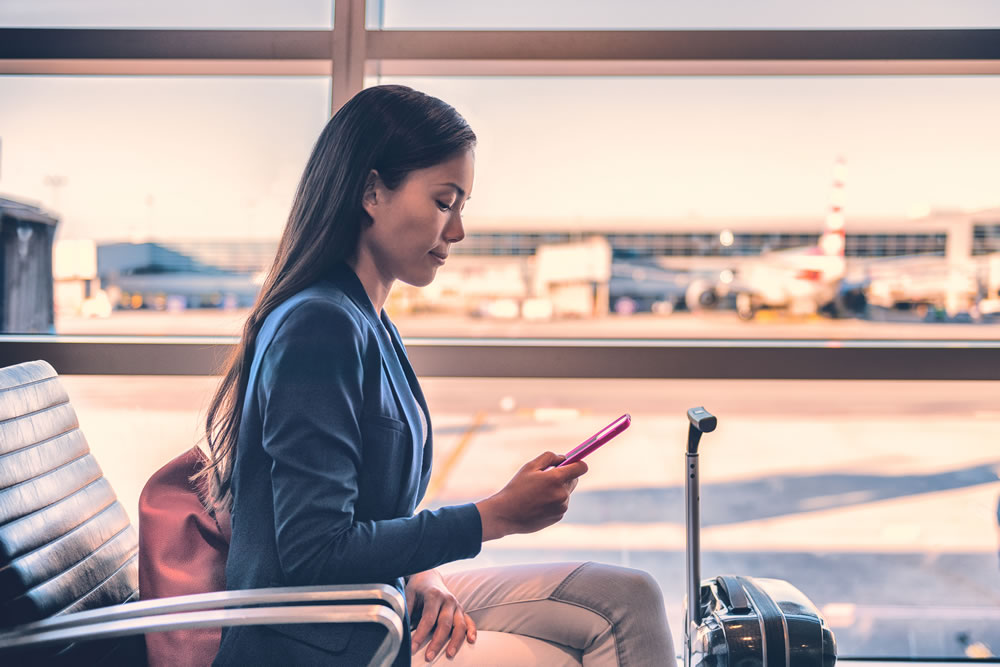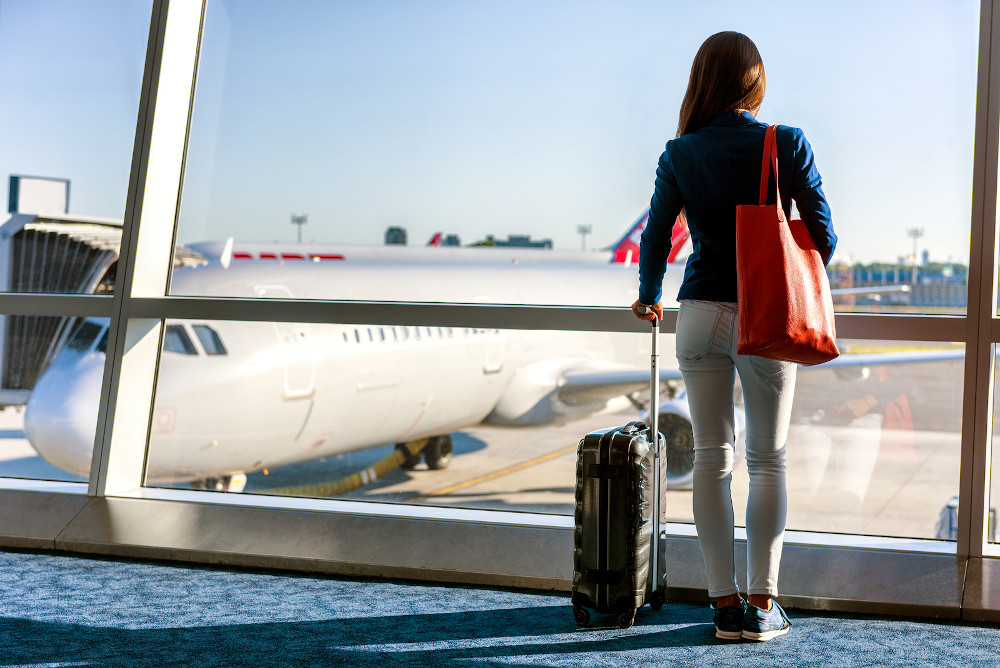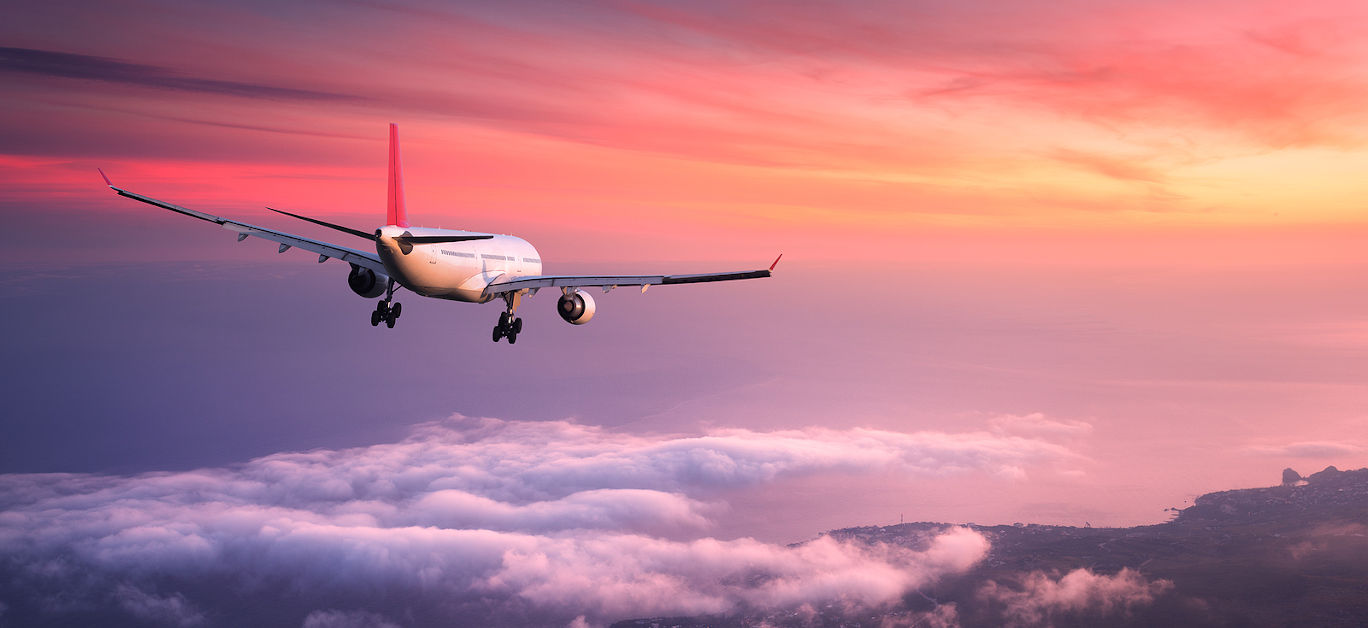From the moment you decide where to go on holiday to your arrival at your destination and your time spent there, did you know that the success of your trip has been heavily influenced by the use of Artificial Intelligence?
Many people are apprehensive at the thought of AI having such an influence on their lives and are cautious that they are somehow being manipulated. It’s not all as it’s shown in the sci-fi films though; the idea of automation and robotisation with the travel industry (and a multitude of other industries for that matter) is to make your life run that much more smoothly so you can get on with the business of actually enjoying the precious time away you’ve longed for, whether you’ve asked for that virtual assistance or not!
From increased service and productivity to guiding you into making a swift choice based on your interests, AI has a big part to play in your travel plans. We take a look at five ways in which AI is changing the travel industry, for both the businesses and the customer.
1. Chat boxes
As automation becomes increasingly widespread amongst other industries, AI is changing the travel industry massively by using a whole new method of communication with customers. Hotels and travel providers alike are increasingly utilising the enhancement of customer experience via the use of chat boxes and conversational AI.

Using large databases and existing knowledge, AI can respond to customers and potential customers to suggest recommendations, provide relevant details about customers arrivals, up sale reservations and support customer loyalty programs, indeed the likes of the Holiday Inn and Marriott have been using this tech to upgrade their services. By attending to the customer’s every need 24/7, which would be much more expensive or not attainable with human employees, AI can provide instantaneity in a 21st century world that demands such a service.
Not only the availability, but also the way AI can categorise and analyse data means it can optimally engage with customers to provide the best service in return. Through these chat boxes or social media, companies such as Skyscanner – which have been using this AI since 2016 – can create an extra engagement in customer relationships which will entice travellers back.
2. Hyper-personalisation
Part of going on holiday and the experience you have is being made to feel special when you are there, right? For years and years, the travel industry and everyone working within it has been trying to perfect this trade. Another example of AI changing the travel industry is this very notion of personalisation and attention.
AI can be used from the very start of the process and right the way through someone’s travel experience to enhance it. For instance, increasingly companies are adopting AI to tailor recommendations and pop-up advertising towards potential or existing customers in a bid to lure them into business. The technology can scan its data and create an appropriate algorithm tailored to exactly the need of customers. Whether that be sourcing potential new customers who have just got married and targeting romantic getaways to Venice or providing existing customers with a breakfast menu which suits their exact preferences.

No longer will you have to strap that Discovery 2 roof rack to your car and trek to the South of France with the kids in the back seat. Instead, you can pick the perfect holiday for the perfect price at the perfect time for you, with the help of AI. This hyper-personalisation can be used alongside dynamic pricing to allow the best price to reach the right customer at the right time, allowing for perfect holiday matchmaking. AI makes this possible on a scale that would be unimaginable otherwise with the mass data analysis allowing both the business and the customer to profit from such targeted advertising or offers.
3. Increased productivity
Improving operations is beneficial for both parties in the travel industry. Not only does it help the business save money, time and resources, but it also leads to a better experience for the holidaymaker. Smart tools and implementation of AI in different fields can make the whole travel industry more seamless. This is primarily evidenced by face scanners at the airport and automated hotel check-in desks, which use AI instead of long queues and rustling about for loads of different documents in your bag. The positive impact on productivity is a brilliant example of how AI is changing the travel industry.
Using Alexa/Cortana in hotel rooms for complete personalisation and control with things like air con or lighting is a revolutionary procedure that wouldn’t be possible without technological advances. This also applies to things like automated check-ins or the use of Connie the robot in Hilton desks, whereby robots and AI are used to speed up the process and provide an enhanced experience for the user 24/7 without the chance of any human error.
Human error does cost businesses, but by replacing this problem with AI means mitigating fraud attacks, cataloguing data and presenting better services to the customer, allowing for a better experience all round. It is therefore easy to see that, despite losing human interaction, AI is of benefit to the travel industry and the impact of AI on holidays will only grow in the future.

4. Data analysis and management like never before
One of the biggest plus points of the implementation of AI in any form is its ability to assess, analyse and manage data, which is very helpful to allow industries to grow. The travel industry is moving at an exponential rate of growth and this can be wholly boosted further by the implementation of AI in data management.
Businesses can now use the technology to monitor consumer patterns and adjust accordingly. It can also cut running costs such as by implementing virtual ticketing booths which excludes the need for personnel and a large paper trail. Additionally, AI changing the travel industry can allow for machine learning which uses data to implement further progress for business plans like creating new associations or travel destinations according to demand, ultimately expanding the industry.
5. Online reputation
The internet provides so many with a platform they would otherwise not have. This works in favour of the travel industry in boosting awareness and potential customers, but also provides people with a platform to use social media and rating services online and convey their dissatisfaction, or satisfaction, with a service they’ve received. These platforms allow for constructive criticism to reach businesses like never before and make active changes to fix the issues, while also raising grievances to others, effectively making them change their practices in order to continue competing and attracting future customers.
A key aspect of AI changing the travel industry will be the continued development of companies using the tech to monitor these exchanges, collect data and then implement responses accordingly. The cause and effect of the whole travel industry will be and is being revolutionised with the execution of AI.






















